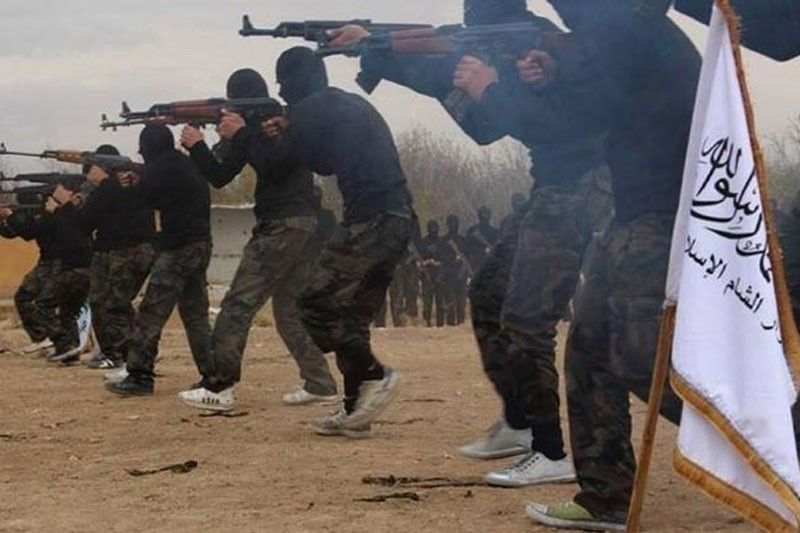No influx of IS fighters in Philippine — security expert

MANILA,Philippines — No influx of Islamic State (IS) fighters to the Philippines has been monitored, but only the transfer of terror tactics, techniques and procedures, a US counterterrorism expert said.
US Ambassador-at-large and Department of State coordinator for counterterrorism Nathan Sales said the transfer of terror tactics has become a major concern for both the Philippines and the US.
“We’re concerned about the export from the Middle East of terrorist tactics, techniques and procedures. Suicide bombing is not something that we’ve seen in the region in Southeast Asia until very, very recently,” Sales told a teleconference of local and foreign journalists in Manila on Friday.
Also causing some security concerns are local groups of IS sympathizers, emulating what they see in places like Syria and Afghanistan.
Sales though did not mention the supposed IS sympathizers in the Philippines.
The Armed Forces of the Philippines (AFP) has been fighting IS-linked groups such as the Bangsamoro Islamic Freedom Fighters, the Abu Sayyaf, the Khalifa Islamiyah Mindanao-Philippines and the remnants of the Maute Group.
All these local Islamic militant groups have respectively pledged their allegiance to the IS in an apparent bid to gain international recognition and foreign funding.
However, the US military has reported the homegrown terror groups still lack the backing and financial support from the IS core, thus limiting their terror activities to Sulu, Basilan and in areas in Lanao and Central Mindanao.
On probabilities that the defeated IS core fighters in Iraq and Syria might be migrating to southern Philippines, Sales said only a few of these foreign jihadists based in the Middle East have shown interest in traveling to Southeast Asia.
“We know that ISIS core, the remnants of ISIS in Syria, have been encouraging their fighters to leave and fight again, to take the fight to other regions. So far, we have seen a few indications of an interest in traveling to Southeast Asia,” Sales said.
Sales added Southeast Asia, particularly Mindanao, is not one of the regions that IS fighters seem to be heading to in droves.
While this is may be the case for now, concerned government security agencies in the region must make sure the IS militants are prevented from traveling to the region.
“That’s why I’ve been talking to – and why the US government has been talking to – counterparts here in Manila about bolstering our cooperation on border security efforts to prevent people from hopping on a plane and flying to the region or exploiting the maritime environment to gain access to countries in the region. So far we haven’t seen a huge problem, but we have to make sure we keep it that way,” Sales said.
He said sustained efforts must be enforced by concerned government agencies in order to stop terrorists from being able to travel as well as moving their fighters and their money and weapons.
The US is cutting down on the financing of terrorism, primarily using its designations and sanctions tools, he said.
“We put terrorist organizations on our sanctions list, that cuts off the flow of money that these groups, that these individuals, can use,” Sales said
Instead of Southeast Asia as feared by local and foreign security analysts, Sales said there is an increase of IS groups, as well as the al-Qaeda, in a couple of different regions in the world.
In particular, Sales said West Africa and the Sahel region in Algeria are now being considered as areas of concern due to the increasing activities of IS militants in West Africa and Greater Sahara as well as the Jama’a Nusrat ul-Islam wa al-Muslimin (JNIM), an al-Qaeda affiliate.
“Countries like Mali and Burkina Faso and Niger face serious and growing threats from these organizations,” Sales said.
Another US concern is the Khorasan province in Afghanistan, as there has been an uptick in violence committed by the terror group that threatens to destabilize not just Afghanistan but neighboring countries as well.
“And in East Africa, the local al-Qaeda affiliate in Somalia, al-Shabaab, has long been one of the most serious regional threats and we’re starting to see the growth of an al-Qaeda affiliate in Somalia as well,” Sales said.
- Latest
- Trending


























